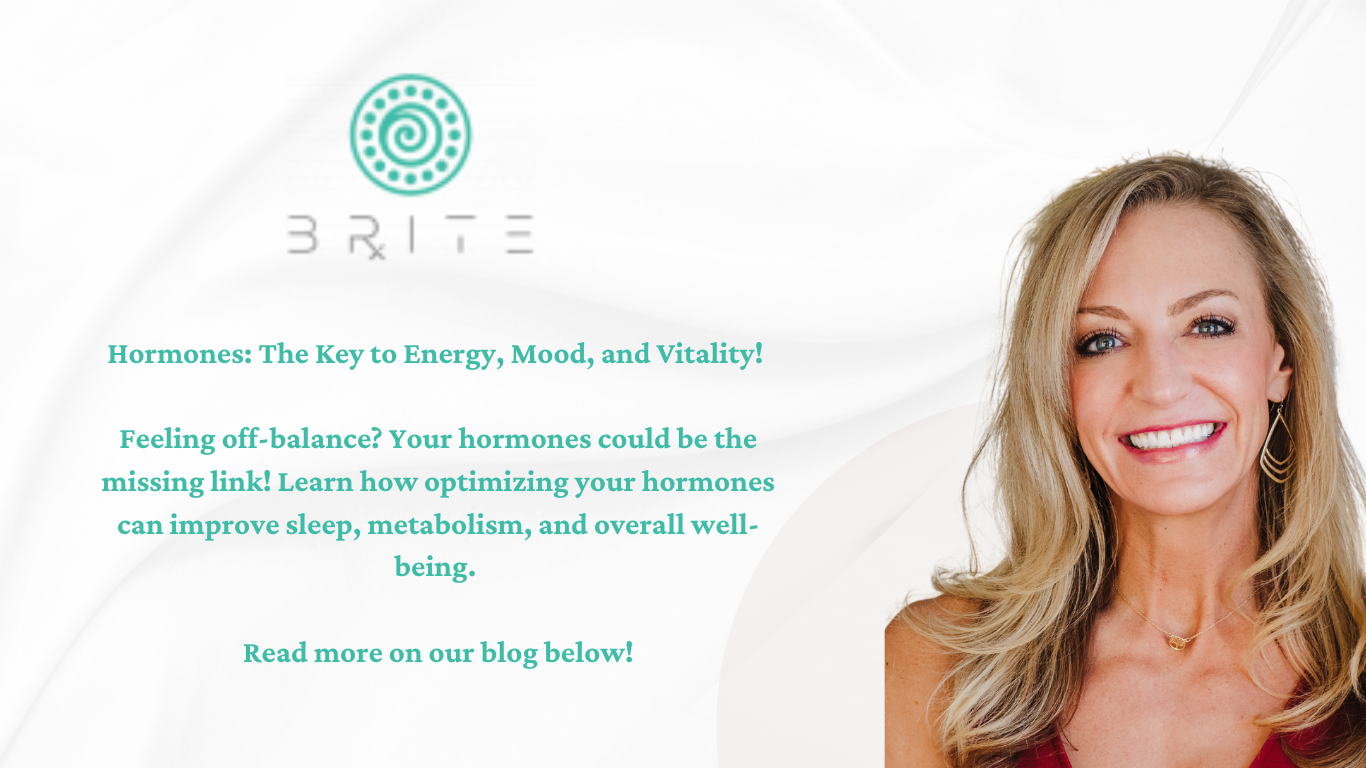Unlocking the Truth About Hormone Health: Myths, Facts, and Your Path to Balance
Hormones play a crucial role in almost every function of your body, from regulating metabolism and sleep to influencing mood and reproductive health. Despite their importance, hormone health is often misunderstood, clouded by myths and conflicting advice. Let’s break down the common misconceptions, compare traditional and holistic approaches, and explore how you can take charge of your hormonal health.
Myth vs. Truth: Clearing the Confusion
Myth 1: Hormonal imbalances only affect women.
Truth: While hormonal changes like menopause are often associated with women, men experience hormonal shifts too, such as declines in testosterone levels with age. Both genders can face challenges related to stress, thyroid function, and lifestyle factors that disrupt hormonal balance.
Myth 2: Hormonal imbalances are inevitable with age.
Truth: While hormone levels naturally fluctuate with age, imbalances are not a guaranteed part of aging. Healthy lifestyle choices, such as balanced nutrition, regular exercise, and stress management, can significantly reduce the risk of hormonal issues.
Myth 3: If I’m tired, it must be my hormones.
Truth: Fatigue can be linked to hormones, but it’s not the only factor. Poor sleep, nutrient deficiencies, and chronic stress are also common culprits. A comprehensive assessment is key to pinpointing the root cause.
Traditional vs. Holistic Approaches to Hormone Health
Traditional Medicine
Traditional medicine typically focuses on diagnosing and treating specific hormonal conditions, such as hypothyroidism or diabetes, using lab tests and medications. This approach can be highly effective for acute or severe imbalances, offering relief through synthetic hormones or targeted therapies. However, it often treats symptoms rather than addressing the underlying causes of hormonal dysfunction.
Holistic Medicine
Holistic approaches aim to restore overall balance by addressing lifestyle, nutrition, stress, and environmental factors. This method recognizes that hormone health is interconnected with other systems in the body. Strategies might include:
- Dietary Adjustments: Prioritizing whole foods, reducing sugar intake, and incorporating healthy fats to support hormone production.
- Stress Management: Practices like yoga, meditation, or breathwork to lower cortisol levels.
- Natural Supplements: Supporting deficiencies with vitamins, minerals, and adaptogenic herbs.
- Detoxification: Reducing exposure to hormone-disrupting chemicals in food, water, and personal care products.
Choosing the Right Path for You
The best approach to hormone health often lies in combining the strengths of both traditional and holistic medicine. For example, you might work with a medical professional to address urgent hormonal issues while implementing holistic strategies to support long-term wellness.
Here are a few steps to get started:
- Get Tested: Bloodwork, saliva tests, or urine tests can help identify hormonal imbalances.
- Prioritize Sleep: Aim for 7-9 hours of high-quality sleep each night to support natural hormone production.
- Eat for Balance: Include foods rich in omega-3 fatty acids, antioxidants, and fiber to support your endocrine system.
- Stay Active: Regular exercise helps regulate insulin levels and reduce stress hormones.
- Seek Support: Work with professionals who understand the interconnectedness of hormone health and overall wellness.
Embracing Balance
Hormonal health is not a one-size-fits-all journey. By separating myths from facts and embracing a personalized approach, you can take meaningful steps toward feeling your best. Whether you choose traditional medicine, holistic care, or a blend of both, the ultimate goal is to support your body’s natural ability to maintain balance. Remember, you hold the power to optimize your health and thrive at every stage of life.

